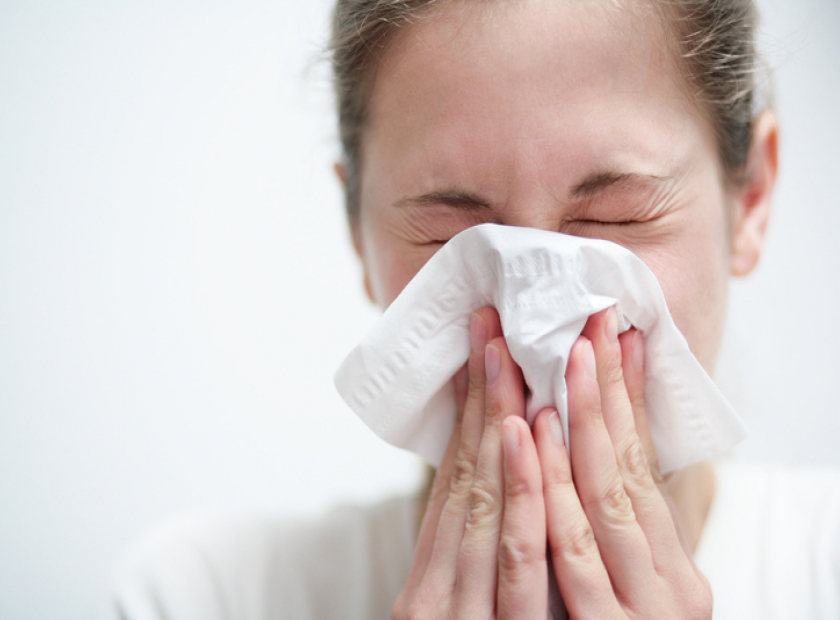Summer is quickly coming to an end; and with the arrival of autumn and winter come shorter days, colder weather and flu season. The past few winters in the UK have enjoyed lower levels of flu compared to average, however, this winter is predicted to be different. As we prepare our houses, cars and wardrobes for winter we should be mindful of the higher predicted levels of flu when we prepare our medicine cabinet, especially in regards to the most vulnerable.
The NHS England chief executive Simon Stevens has explored the dangers of the rising levels of flu during his speech on Tuesday 12th. Last winter put a lot of pressure on the NHS who has experienced the worst season in this generation. With the problematic flu levels forecasts approaching this year, the NHS might suffer even more under the pressure of waiting times and bed shortages.
The most common symptoms of flu include:
High temperature
Tiredness and weakness
Aches and Pains
Cough
The most vulnerable groups, such as elderly, children and pregnant women should be particularly mindful of flu-like symptoms as they could develop into more serious complications such as chest infections. The best ways to protect yourself against the flu and its complications include:
Vaccination
Every strain of flu is different, therefore, last year’s vaccination is not going to be effective for this year. Make sure you don’t ignore vaccination especially if you are part of a vulnerable group.
Hygiene
Wash your hands often and for an average of 15 seconds. Flu is often transmitted through proximity with other people infected, always be mindful of contact and vicinity to others in a crowded place. Cover your mouth and nose with a tissue or your arm as opposed to your hands to avoid spreading the virus and keeping it off your hands.
Keeping the immune system strong
Keep the barriers up and don’t let the flu attack your body by being active and eating healthy foods with plenty of vitamins and supplements to support your immune system.
If all prevention methods fail, the flu lasts for up to 10 days and during this time you should try and rest as much as possible. Stay indoors, eat healthy food and take the necessary flu medications to alleviate the symptoms. Always make sure you stock up on flu medications before the season starts to avoid being unprepared. This season is the perfect time of the year to prepare for the arrival of flu and winter, so start now!
Written by Ableworld







